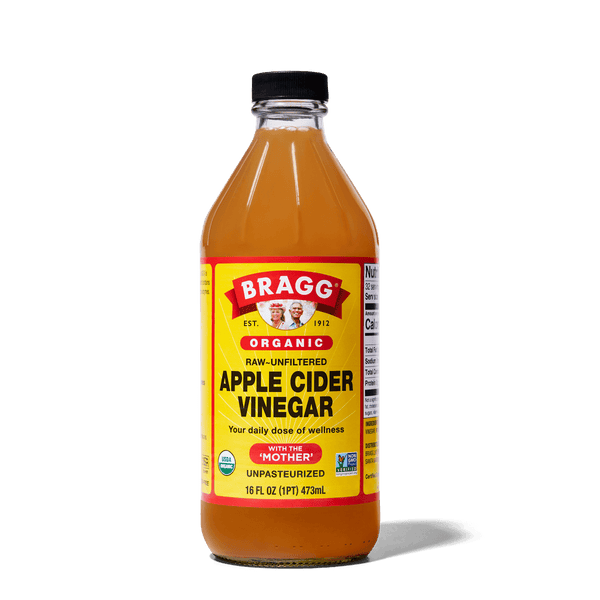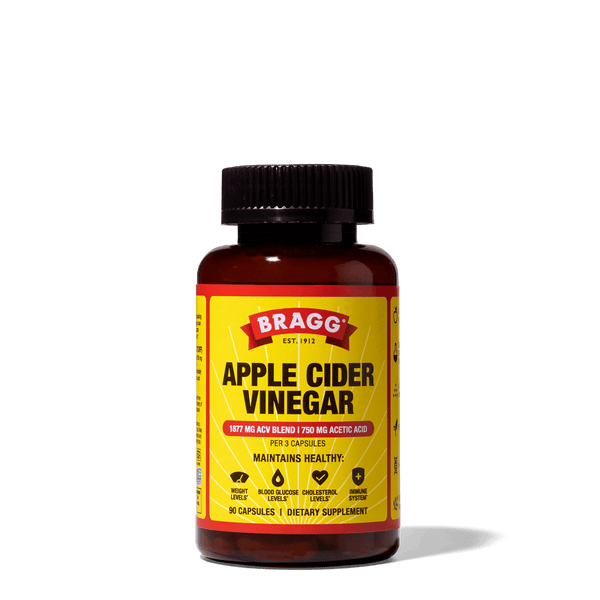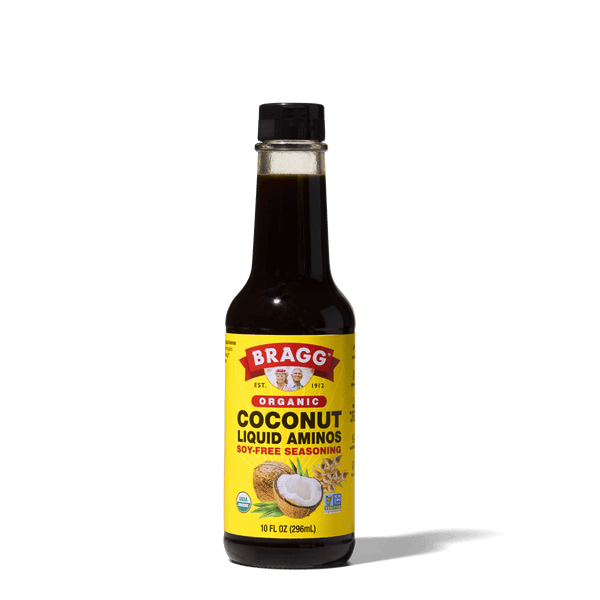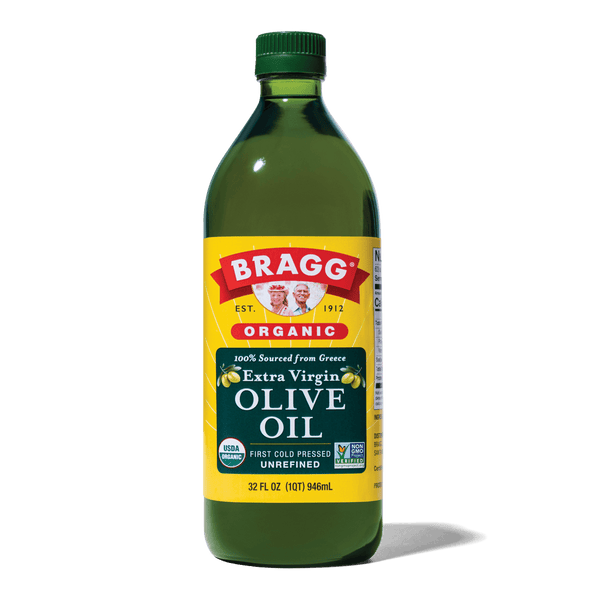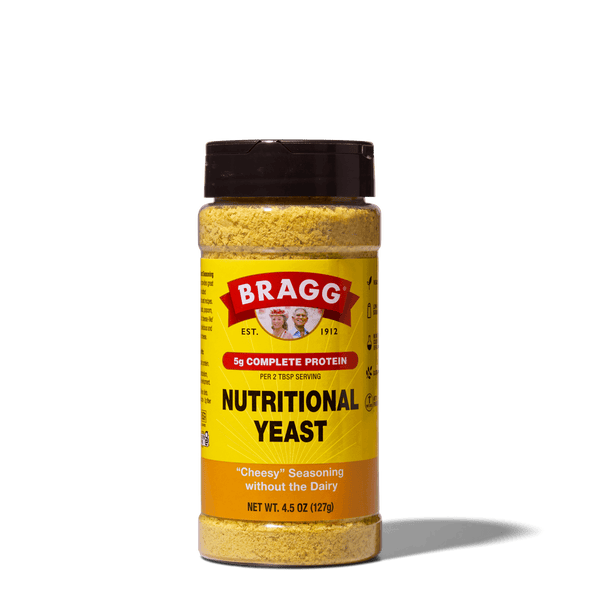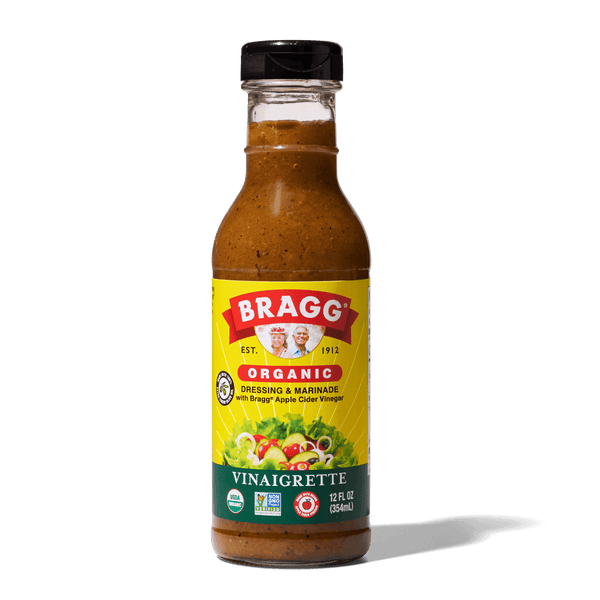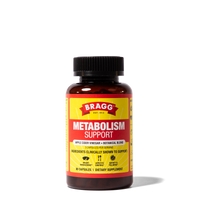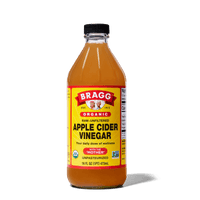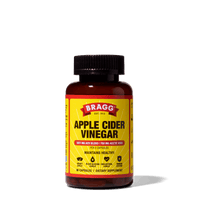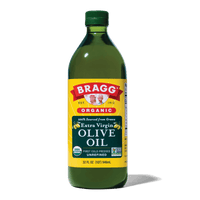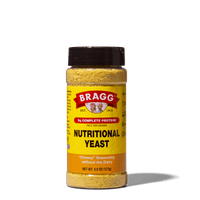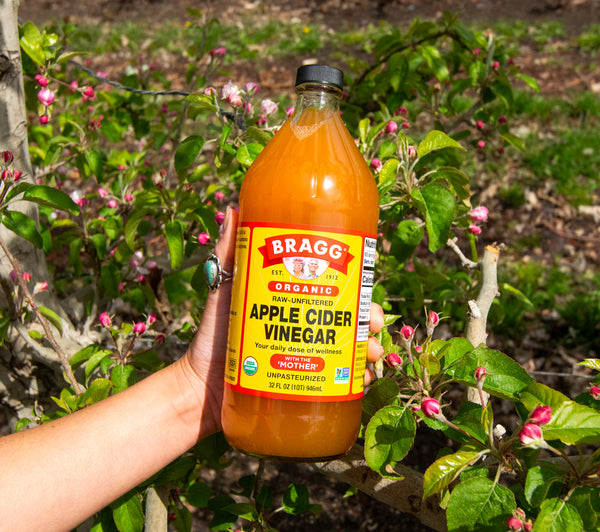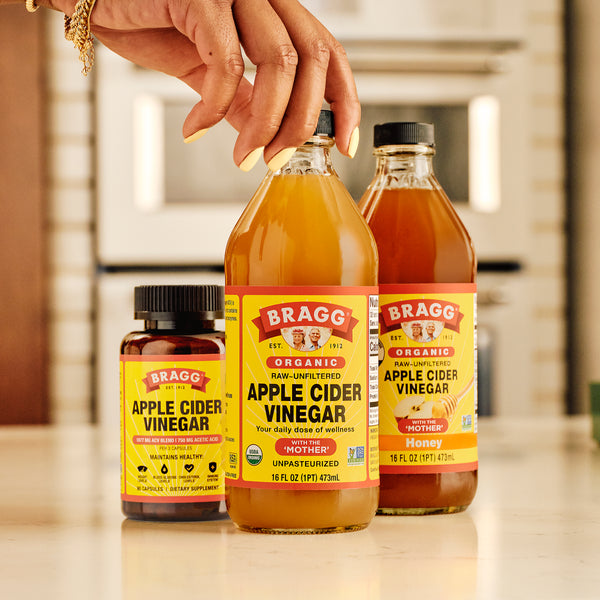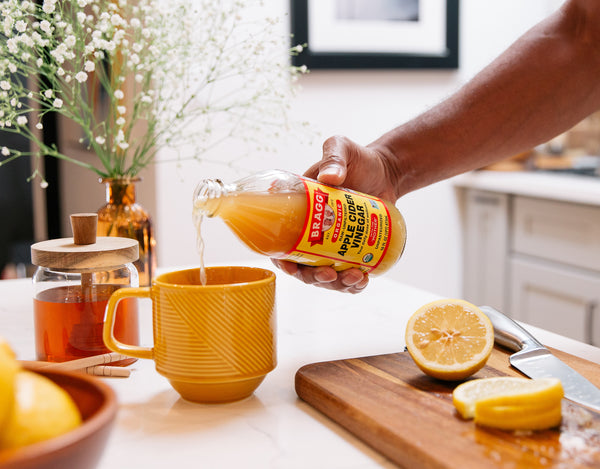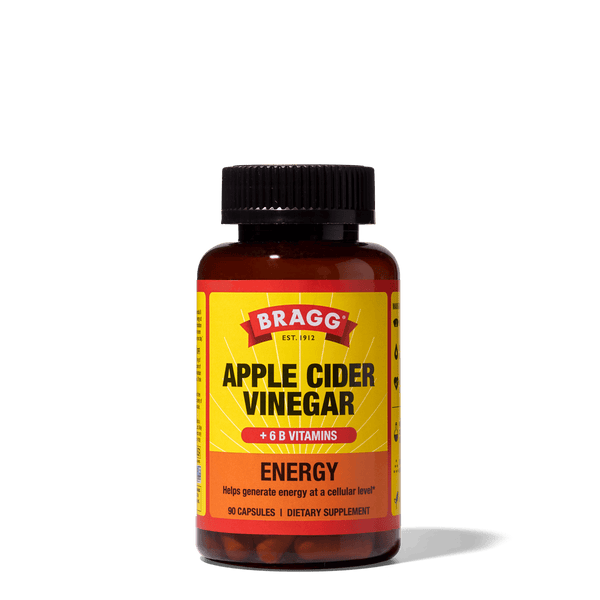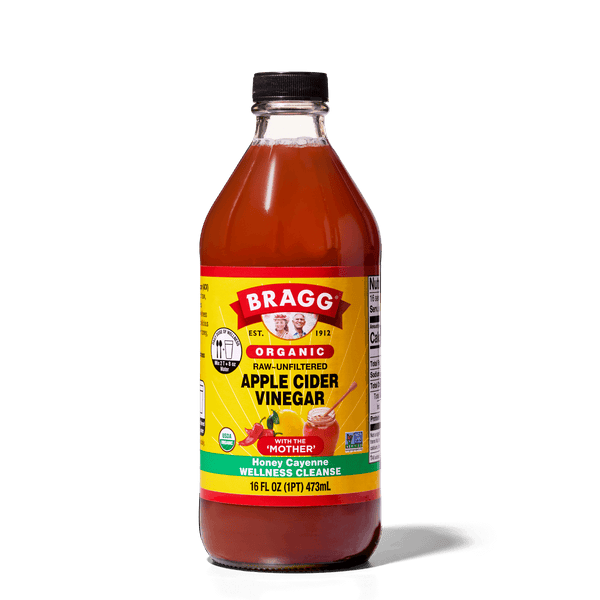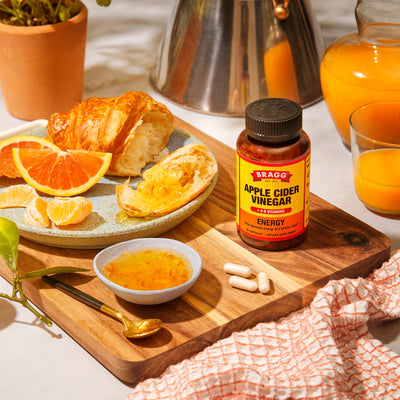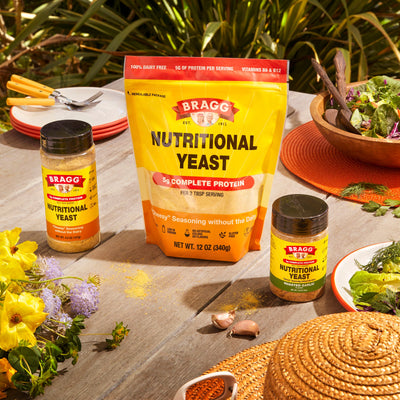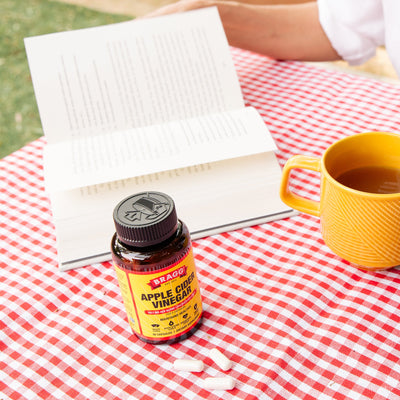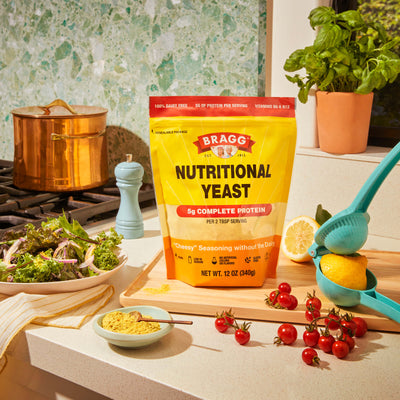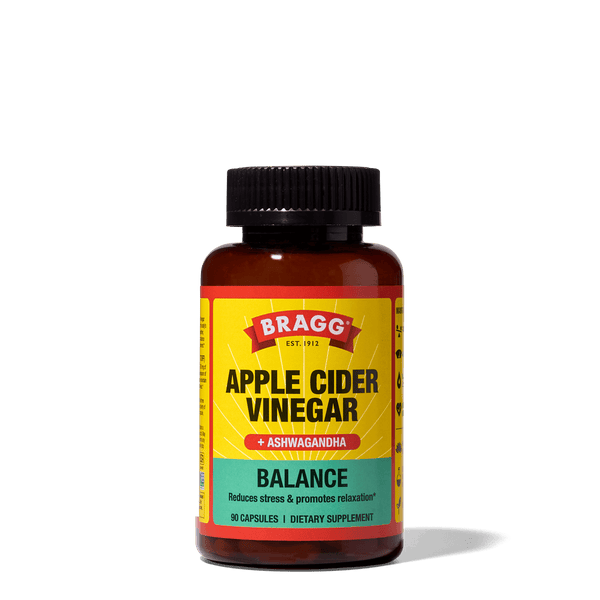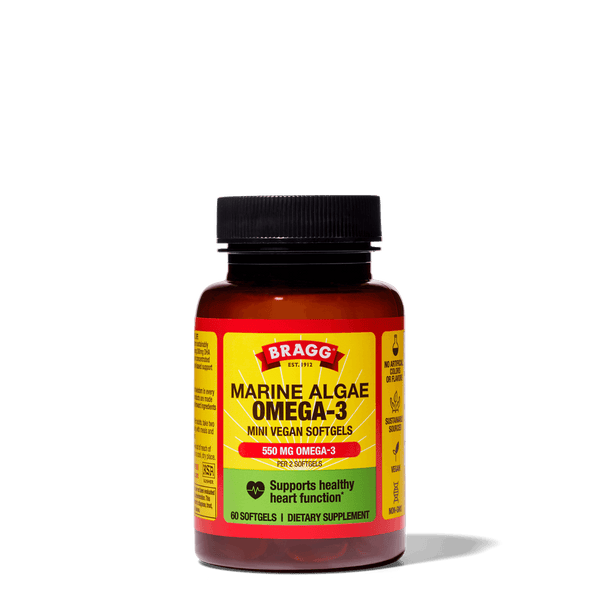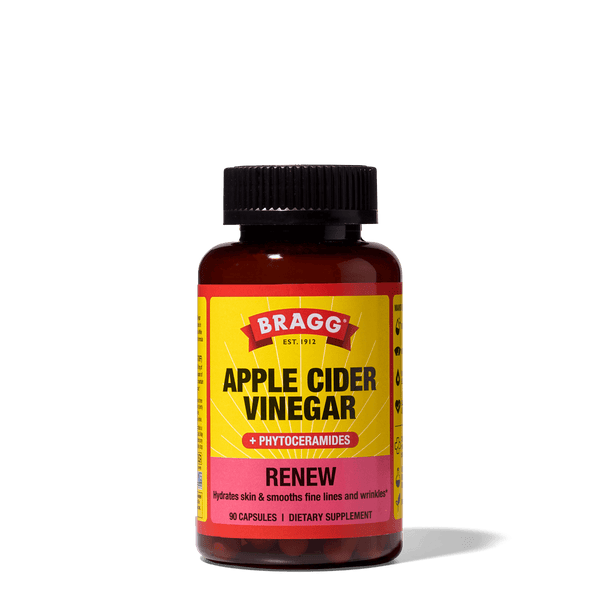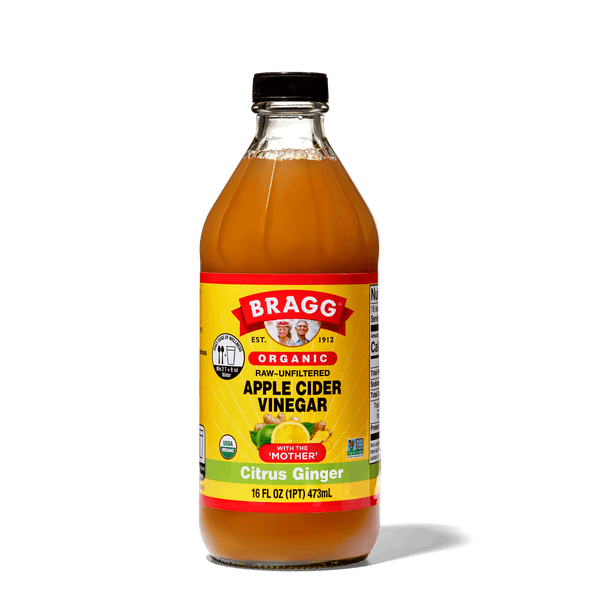Anyone can say their supplements are clean, but can they prove it? Bragg supplements are officially certified by NSF International, a globally recognized, independent certification body that tests and certifies supplements for safety, quality, and compliance with public health standards. The truth is, millions of Americans use dietary supplements every day. But unlike prescription drugs, supplements do not require pre-market approval by the FDA. (1)(2)
While prescription drugs are legally required to be approved by the Food and Drug Administration (FDA) before being marketed. They don't require the same approval process for supplements. It’s up to brands or third-party organizations like NSF to certify that what’s on the label is exactly what’s in the bottle. Without certification, ingredients can vary, and product safety might not be backed up, making it tough to know which products are trustworthy. (3)
NSF is a global organization that tests products to ensure they meet or exceed public health standards. Bragg partnered with the NSF to test and certify our Apple Cider Vinegar supplements, so each capsule delivers top quality ingredients.

According to the NSF website, there are three main steps to the supplement certification program:
-
Label claim review to certify that what’s on the label is in the bottle
-
Toxicology review to certify that all the ingredients are present in the right doses
-
Contaminant review to certify the product is free from unlisted ingredients or unsafe levels of contaminants
NSF goes far beyond just reviewing data or testing single samples. As part of their certification process, they conduct in-depth testing in their own accredited laboratories to verify the contents of supplements. They test a wide range of components, including vitamins, minerals, herbs, botanicals, amino acids, sports supplements, concentrates, metabolites, and extracts. Working to verify the supplement's facts panel.

Testing for contaminants in your supplements
The NSF doesn’t stop at making sure what’s supposed to be in your supplements is there, they also ensure that contaminants don’t end up in your supplements. To ensure that consumers are receiving clean products, they check for harmful contaminants. This includes toxic metals like lead, mercury, arsenic, cadmium, and chromium. They also test for unwanted bacteria, mold, yeast, and dangerous germs like salmonella, E. coli, and staph. The NSF makes sure no unlisted ingredients or potentially harmful levels of impurities are present in any product that has their certification. (4)
That's not the only thing that makes the NSF stand out. Their certification process isn't just a one-and-done deal. Products are retested and audited annually to verify that everything continues to meet the highest safety standards. (5)
Bragg Supplements & NSF Certification
The certification of Bragg supplements wasn’t automatic or guaranteed; we earned our mark by passing every step. It’s a result of testing, transparency, and trust. So, the next time you’re wondering what’s really in your supplement, don’t stress. Every Bragg supplement has been tested for purity, potency, and contaminants and is certified to match exactly what is on the label. Just clean, trusted supplements with real benefits. And we’ve got the NSF seal on every bottle of Bragg supplements to prove it.
References
[1] GovFacts. (2025, July). How Dietary Supplements Can Be Sold Without FDA Approval. GovFacts. https://govfacts.org/federal/fda/how-dietary-supplements-can-be-sold-without-fda-approval/
[2] U.S. Food and Drug Administration. (2024, February 21). Questions and Answers on Dietary Supplements. U.S. Food and Drug Administration. https://www.fda.gov/food/information-consumers-using-dietary-supplements/questions-and-answers-dietary-supplements
[3] Regulation of Dietary Supplements: Background and Issues for Congress. (2025). Congress.gov. https://www.congress.gov/crs-product/R43062?q=%7B%22search%22%3A%22supplement+regulations%22%7D&s=1&r=6
[4] Product and Ingredient Certification. (2020). Nsf.org; NSF. https://www.nsf.org/nutrition-wellness/product-and-ingredient-certification
[5] NSF. (2025). Supplement and Vitamin Certification. NSF International. https://www.nsf.org/consumer-resources/articles/supplement-vitamin-certification
